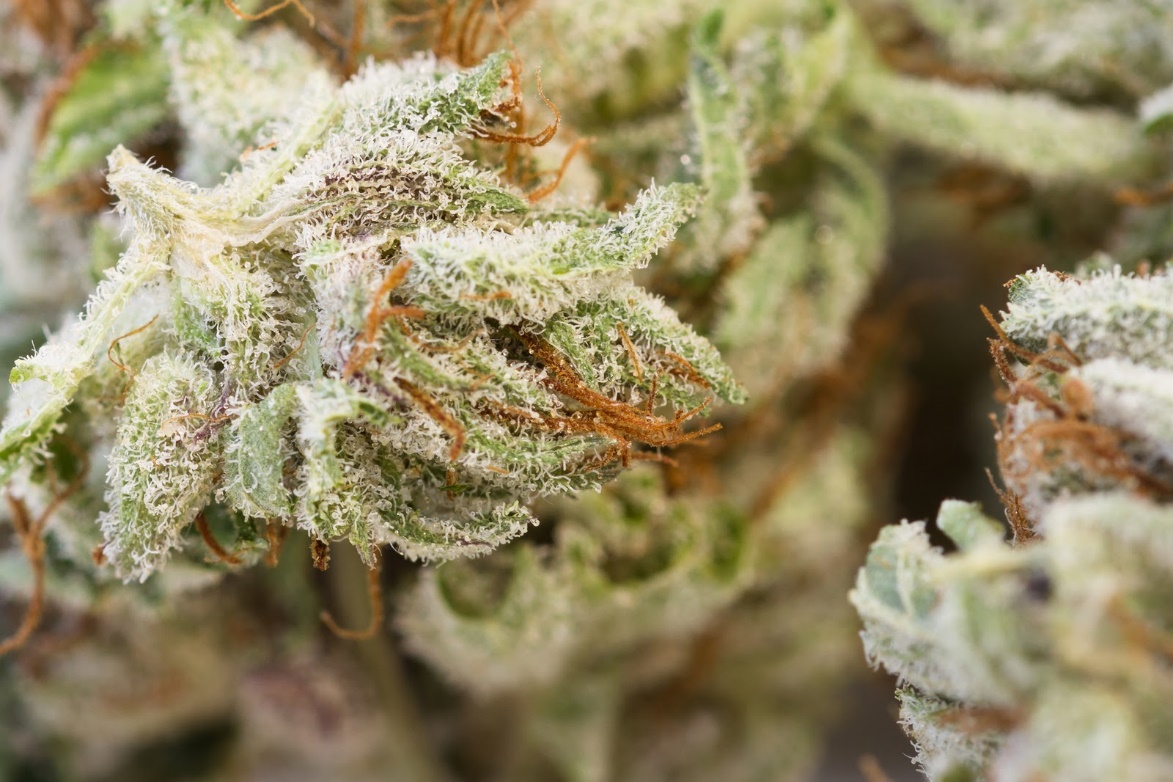If your days seem clouded by apathy, fatigue, sadness, guilt, or irritability, you may be one of the millions of people who face depression on a daily basis. Dealing with this illness can prove a burdening challenge to those who endure it, especially without a strong network of friends or family to offer support. Traditionally, depression has been treated with psychotherapy, and/or by prescribing antidepressants. However, there may be another medical strategy to help with this debilitating illness: medical marijuana, or cannabis. Keep reading to learn whether you can treat depression with medical marijuana, and how the science behind it works.
Understanding Depression
Depression, like every other illness, must be thoroughly understood before jumping to any conclusions about “just cheering up” or “doing something fun.” According to the Centers for Disease Control and Prevention (CDC), “Depression is a serious medical illness and an important public health issue. Depression is characterized by persistent sadness and sometimes irritability (particularly in children) and is one of the leading causes of disease or injury worldwide for both men and women.”
According to the American Psychiatric Association (APA), depression symptoms can range from mild to severe. Some of the most common symptoms of this serious illness include:
- Depressed mood
- Thoughts of death and suicide
- Sleeping problems (excessive sleep, insomnia/lack of sleep, irregular sleep patterns)
- Concentration and focus problems
- Loss of energy
- Weight gain or loss
As the APA also points out, “Depression affects an estimated one in 15 adults (6.7%) in any given year. And one in six people (16.6%) will experience depression at some time in their life. Depression can strike at any time, but on average, first appears during the late teens to mid-20s. Women are more likely than men to experience depression. Some studies show that one-third of women will experience a major depressive episode in their lifetime.”
To an outside observer, depression may not look as serious as a wound or a broken bone; but in reality, depression is an illness that should not be taken lightly – and a thoughtful response to its symptoms is crucial.
Common Treatments for Depression
Depression can be treated in different ways depending on how severe it becomes. Some of the most common treatments to treat depression are:
- Medication – Psychiatrists can prescribe antidepressants, such as selective serotonin reuptake inhibitors (SSRIs) like Zoloft (sertraline) or Prozac (fluoxetine), to help alleviate depression symptoms in their patients. It is important to keep in mind that medications do not necessarily cure depression – it is more accurate to state that they reduce the symptoms, sometimes very drastically.
- Psychotherapy – This type of practice, also known as “talk therapy,” can be very effective for patients facing depression. Talking to a psychiatrist can help reduce symptoms of depression by enabling the patient to explore the underlying causes of their feelings in a safe, nonjudgmental, and controlled environment.
- Combination of Medication and Psychotherapy – Depending on the severity of the depression and the patient’s medical history, a psychiatrist may recommend a combination of therapy and medication to help treat the condition. This approach has actually been shown to have the best success rate.

The Endocannabinoid System: How Does Marijuana Help Depression?
Before you can understand how medical cannabis can help depression, it’s vital to understand some background about how marijuana affects the mind and body.
Our body has a unique biological system called the Endocannabinoid System (ECS), consisting of cannabinoid receptors (“CB1, CB2”) found predominantly in the human brain, spinal cord, and nervous system. This system is related to how the human body responds to cannabis.
There are more than 100 compounds found in cannabis. Out of all the compounds found in this plant, the two most researched ones are Cannabidiol (CBD) and Tetrahydrocannabinol (THC). These cannabinoids are similar to the many “endogenous” cannabinoids, or endocannabinoids, produced within our bodies. When CBD, THC, or other cannabinoids enter the body due to use of cannabis, they interact with the receptors already found in our ECS, which regulate pain, appetite, and – most relevant to depression patients – mood. (In fact, at least one study, published in 2011 in peer-reviewed Scandinavian medical journal Acta Psychiatrica Scandinavica, has suggested that dysfunction of the ECS contributes to mood disorders.) By altering the way the ECS is functioning, cannabis – or, to be more technical, the cannabinoids it contains – can help to elevate mood in depression patients.
It is important to understand that cannabis is not a “cure-all” for depression, which typically responds best to a finely-tuned, patient-specific combination of medication and psychotherapy. However, there have been studies that point in a positive direction when it comes to improvements in depression patients. The National Center for Biotechnology Information (NCBI) presented a 2006 electronic publication from Addictive Behaviors, showing a study conducted by the University of Southern California. This study showed that among the 4,400 participants, “Despite comparable ranges of scores on all depression subscales, those who used [cannabis] once per week or less had less depressed mood, more positive affect, and fewer somatic complaints than non-users. Daily users reported less depressed mood and more positive affect than non-users.”
On the whole, while cannabis can be used for treatment of depression, it is a weak treatment by itself. If a patient has mild depression then cannabis alone may be helpful. If someone is on a very low dose of medication, cannabis might be an effective substitute. However, usually cannabis works best in conjunction with conventional medications, both augmenting the benefits of the conventional treatment and also offsetting some of the common side effects of those medications, like sexual difficulties or suppression of joy.
Boston, MA Medical Marijuana Doctor with Offices in Brookline and Cambridge
Depression is not an illness to overlook or dismiss. While developing an effective treatment plan is an ongoing and sometimes difficult process, cannabis has proven to be effective in helping to reduce symptoms of depression and related effects, such as insomnia and loss of appetite, in patients from diverse backgrounds. To learn more about how a personalized cannabis treatment plan can help you, please contact Inhale MD online, or at (617) 477-8886, for a consultation or to schedule a confidential online telemedicine session.

